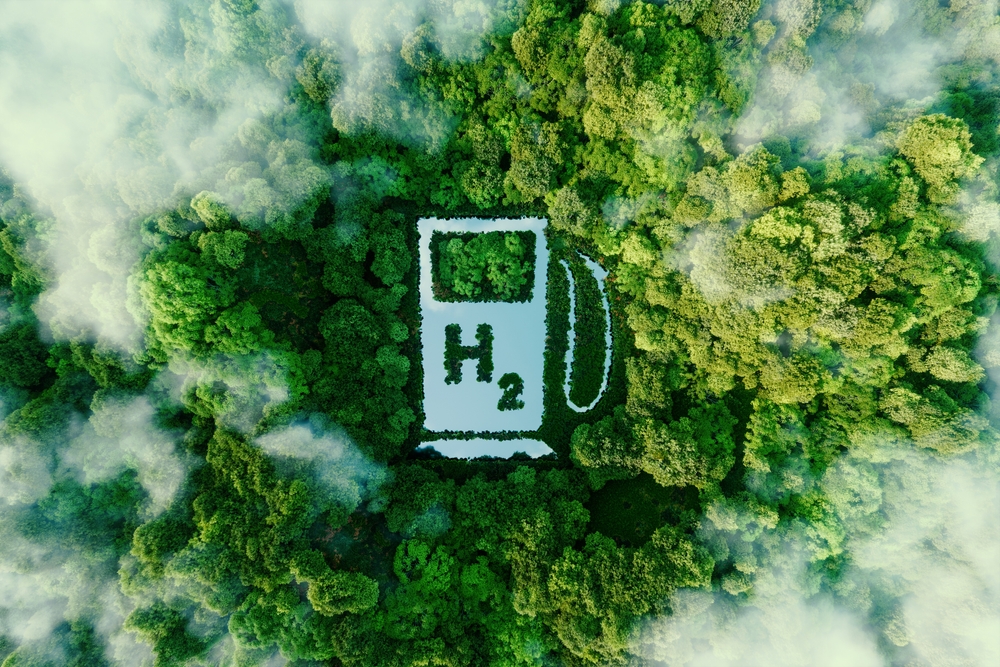Pioneering the Path: Understanding the Role of Hydrogen Fuel Cell Technology in Modern Automotive Industry
Delve into the compelling world of hydrogen fuel cell technology, an innovative solution that promises a sustainable future for the automotive industry. This article explores the historical context, technological advancements, industry trends, and the profound impact of this technology on our daily lives.

A Historical Perspective on Hydrogen Fuel Cell Technology
The concept of hydrogen fuel cell technology dates back to the 19th century, pioneered by Sir William Grove, a British scientist. However, it wasn’t until the 20th century that the technology saw significant advancements, primarily driven by the space industry. NASA, in the 1960s, used fuel cells to generate power for their spacecrafts, establishing the technology’s potential for more extensive application.
Key Technological Developments in Hydrogen Fuel Cell Technology
The crux of hydrogen fuel cell technology lies in the chemical reaction between hydrogen and oxygen, producing electricity, heat, and water. Recent advancements include the development of Proton Exchange Membrane (PEM) fuel cells, which operate at relatively low temperatures, have a quick start-up time, and high power-to-weight ratio, making them ideal for automotive applications.
Current Industry Trends and Insights
Despite the challenges related to hydrogen production and storage, the automotive industry is progressively adopting hydrogen fuel cell technology. Key players like Toyota, Hyundai, and Honda have already launched fuel cell vehicles, and several others are following suit. Furthermore, governments worldwide are backing this technology with favorable policies, highlighting a promising trend towards a sustainable automotive future.
Impact, Benefits, and Challenges of Hydrogen Fuel Cell Technology
The primary impact of hydrogen fuel cell technology is its potential to revolutionize the automotive industry by providing a sustainable energy solution. The benefits are manifold, from reducing greenhouse gas emissions to offering high energy efficiency and longer driving range. However, challenges persist in the form of high production costs, lack of infrastructure for hydrogen fueling, and concerns over the safety of hydrogen storage.
The Future of Hydrogen Fuel Cell in the Automotive Industry
While the path towards widespread adoption of hydrogen fuel cell technology is riddled with challenges, the future looks promising. With continuous research and development, improvements in infrastructure, and favorable government policies, we may soon witness a surge in the number of fuel cell vehicles on our roads, marking a significant shift towards a sustainable automotive future.
Hydrogen fuel cell technology holds immense potential to transform the automotive industry. Despite the challenges, the ongoing efforts by automakers, governments, and researchers worldwide promise a future where vehicles run on clean and renewable energy, contributing significantly to the fight against climate change. It’s an exciting time in the automotive world, and we are on the brink of witnessing a significant shift in how we power our vehicles.





